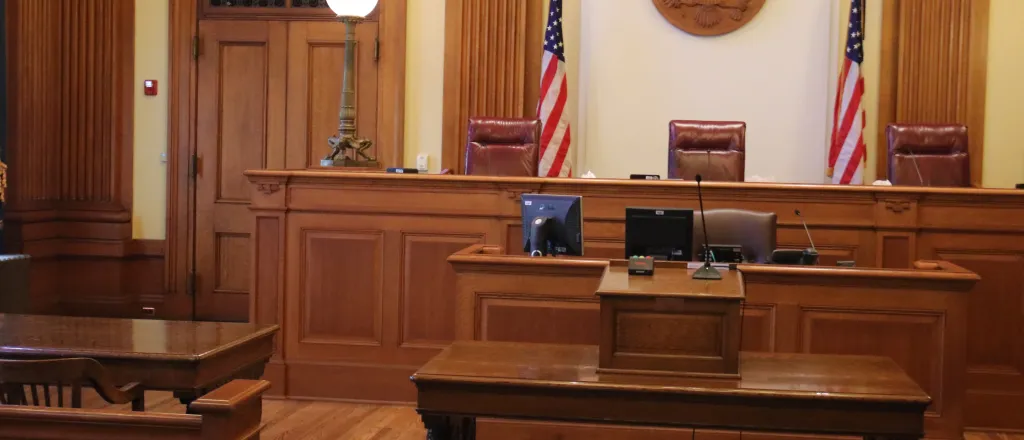
Report: Compensation to exonerated people nearly doubled in five years
Click play to listen to this article.
(West Virginia News Service) People wrongfully convicted of crimes in the United States have received around $2.2 billion in compensation claims since 2019.
A new report by the National Registry of Exonerations said the amount nearly doubled in just five years.
Barbara O'Brien, editor of the registry, explained even if states saw fewer or no exonerations, it does not necessarily mean there are fewer wrongfully convicted people behind bars. She noted people in prison may not have access to the resources needed to prove their innocence.
"Since 1989, West Virginia's had 14 exonerations," O'Brien reported. "I always caution people not to read too much into the number of exonerations as some sort of indicator of how the systems are working."

iStock
Official misconduct is the reason for wrongful convictions in at least 77 percent of exoneration cases. West Virginia has a two-year time limit for filing compensation claims.
According to The Innocence Project, in 2020, the state changed the law to remove a clause requiring another person to be convicted of the same crime in order for the exonerated person to qualify for compensation.
Other factors leading to exonerations include perjury or false accusations, false or misleading forensic evidence, false confessions and mistaken witness identification. O'Brien pointed out it is not just taxpayers who end up footing the bill for bloated prisons and exoneration payments.
"Incarcerating people costs a lot of money," O'Brien outlined. "If we're incarcerating the wrong people, that's costing the taxpayers. And if it's a case where there is a real perpetrator out there who they didn't catch, they're committing more crimes."
She added cost cannot make up for lost time innocent people have spent behind bars. The report said exonerated individuals in 2023 lost more than 2,000 years collectively for crimes they did not commit, an average of around 15 years per person wrongfully imprisoned. Nearly 84 percent of exonerees last year were persons of color, and 61 percent were Black.















